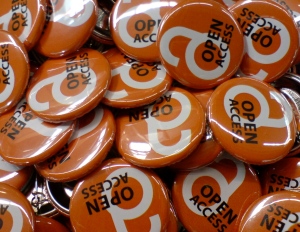
Farewell to UOSM2008
As a Web Scientist, Living and Working on the Web (UOSM2008) was a compulsory module which is unlike the majority of others I’ve had the opportunity to interact with over this semester who chose to take it. I’ll admit that I was initially quite cynical about the whole idea of this module: “How are we going to learn anything by writing a few blog posts?!?” I said to myself.
Continue reading →









